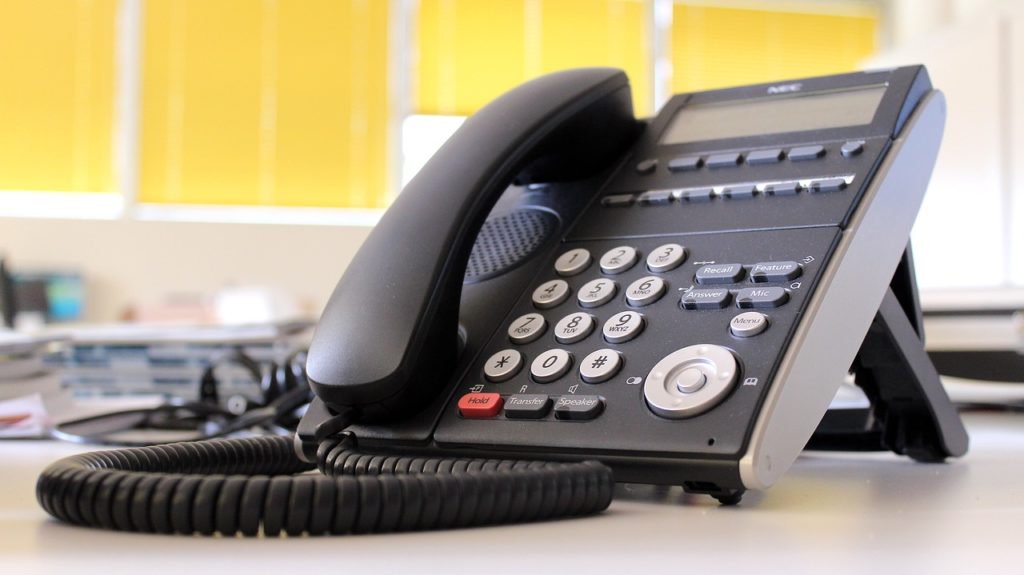Last Updated on 07/03/2017 by GS Staff
[otw_shortcode_dropcap label=”Q:” size=”large” border_color_class=”otw-no-border-color”][/otw_shortcode_dropcap] Do mortgage lenders contact employers?
[otw_shortcode_dropcap label=”A:” size=”large” border_color_class=”otw-no-border-color”][/otw_shortcode_dropcap] Yes, mortgage lenders do contact employers. Your lender will likely require a borrower’s authorization form to be signed by you. This form authorizes the lender to verify your past and present employment records.
How Do Mortgage Lenders Verify Employment
You should expect the lender (underwriter) to call your employer and verify your position, dates of employment, and your current employment status. It may be necessary for the lender to contact your previous employers if you do not have a sufficient history with your current employer. If the lender is provided with a handwritten verification of employment reflecting your income, they will likely call the employer and verify this income.
Lenders will obtain this information from an appropriate source within your company. Firstly, they will obtain your employers phone number from a reputable source such as yellowpages.com. Next they will call this listed phone number and ask to speak with the human resource department or personnel.
Note that they likely will not use the phone number you provided on the application unless it is verified that it is associated with your employer. As a skilled mortgage underwriter will tell you, these numbers are often incorrect or unverifiable through a third party source.
When The Lender May Not Contact Your Employer
Sometimes it is not necessary for the lender to directly contact your employer. Many lenders utilize automated systems to provide your past or present employment information. For example, www.theworknumber.com provides proof of employment and income verification for many companies, which can be viewed by lenders who have access to this system. There typically is no need to contact the employer since these third party verifiers provide the needed employment or income information.
Discrepancy With Income Documentation
A lender may contact the employer to try to resolve any discrepancies with the borrower’s employment or income documentation. Anything that does not make sense will likely be questioned by the lender with the employer. The lender wants to make sure that the income documentation that is presented to them is accurate and that they are calculating the income according to guidelines. Fraud is a big concern for lenders and they typically put in a lot of effort to deter it.
Final Thoughts
The process on how lenders verify employment can vary from lender to lender. Some lenders are more thorough than others. However, you want to make sure to present your lender with accurate information regarding your employment. Verifying employment with some companies can be very time consuming. By providing accurate information, you may be able to speed up the underwriting process and avoid issues down the road.
Remember that a lender can verify your employment at any time prior to closing. They may even verify it a couple of times if there is a lengthy underwriting process. Additionally, lenders also have the ability to conduct a post-closing verification of employment if required for something like a post-closing audit. Obviously, the one thing you don’t want to do is be dishonest about your employment or your employment status.
